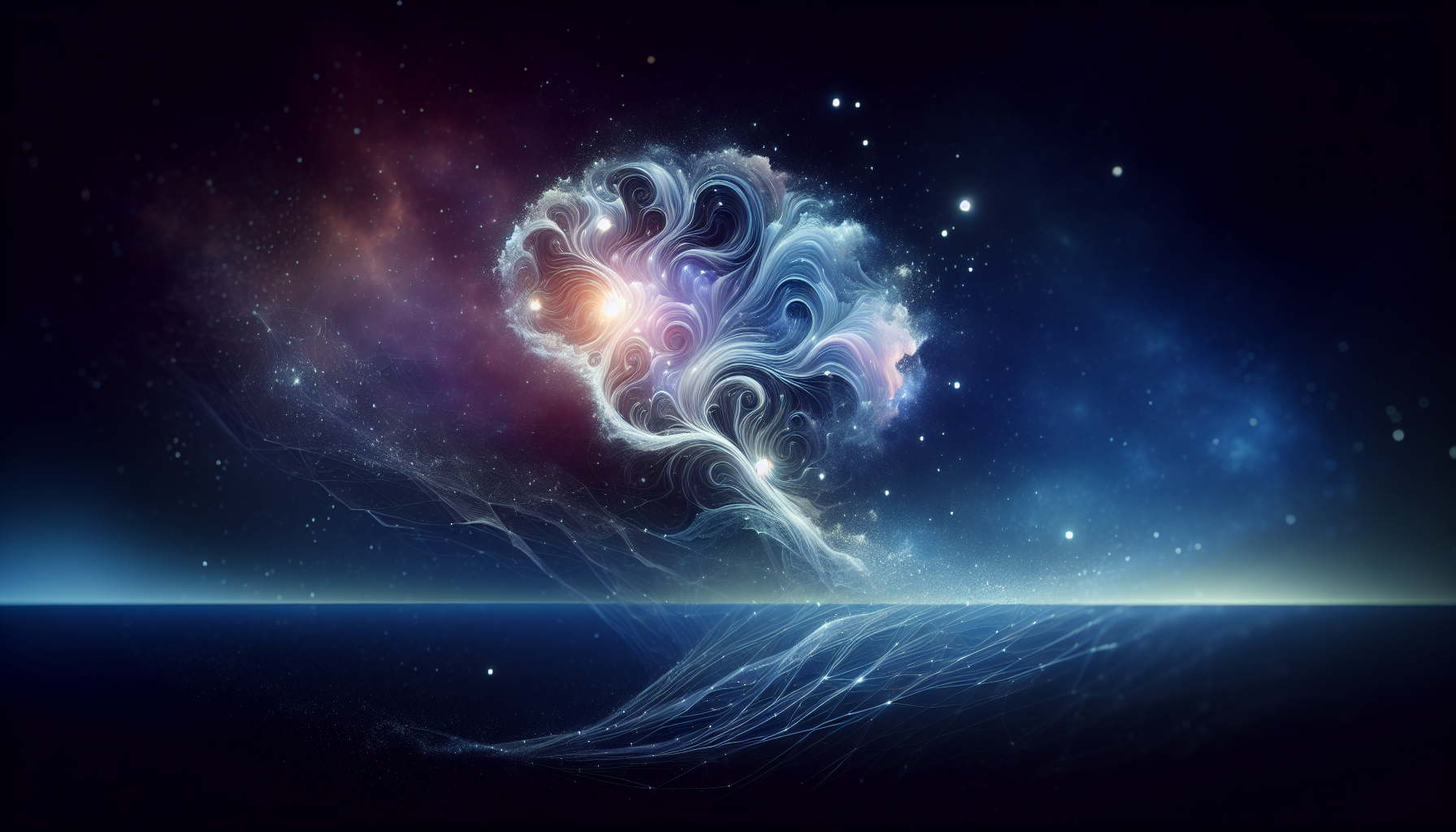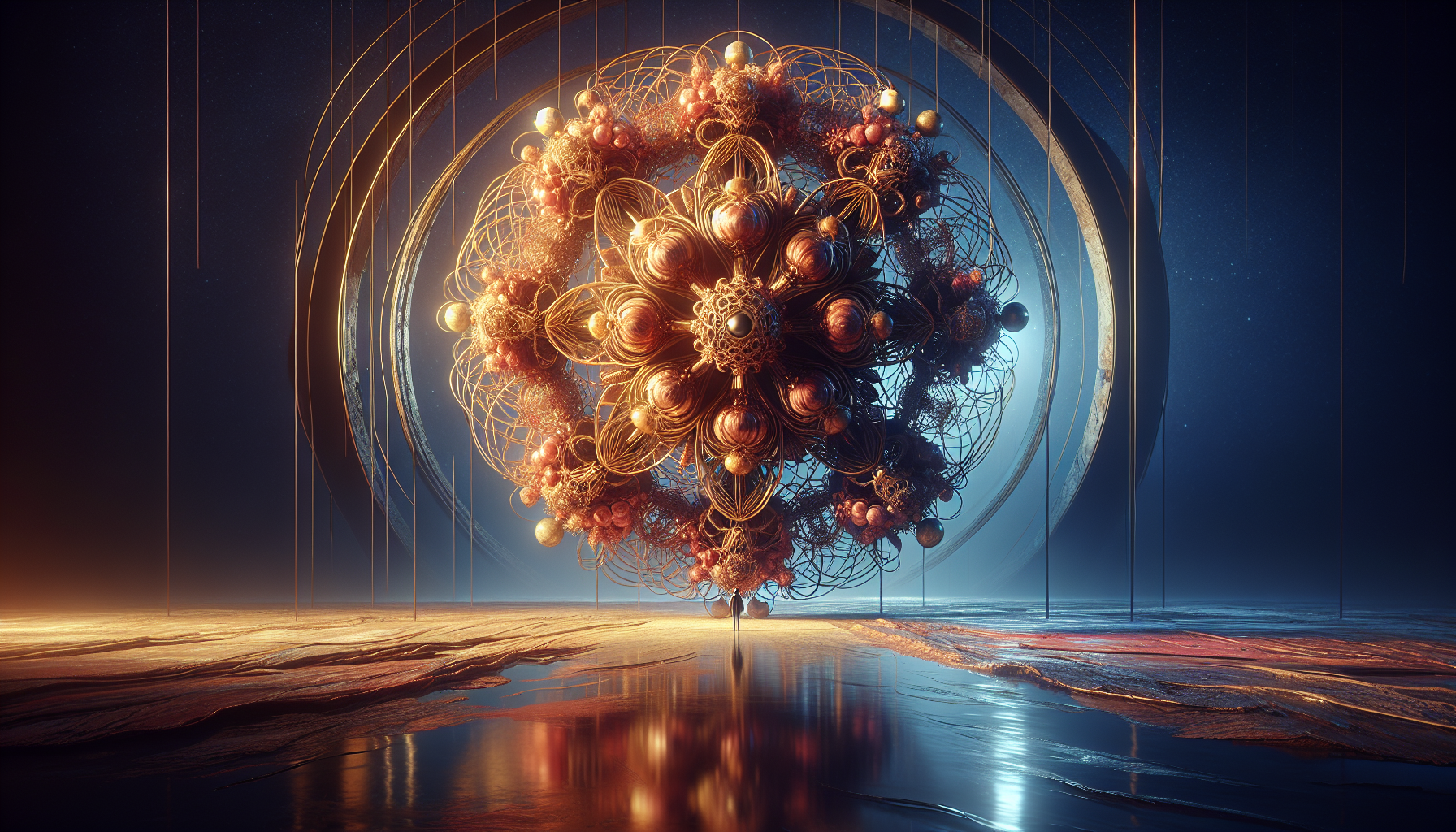
Have you ever wondered about the true meaning of love? It’s a question that has puzzled humanity throughout the ages. Love is a complex and multifaceted emotion that can be hard to define. Is it the warm feeling you get when you’re around someone special? Or is it the deep connection and understanding that two people share? In this article, we will explore the different perspectives on love and try to uncover its true essence. So, sit back, relax, and let’s embark on a journey to discover the profound meaning of love.

Different Definitions of Love
Love, as a concept, is complex and multifaceted. It can be perceived and experienced in various ways, depending on individual perspectives and beliefs. A common definition of love is a deep affection or fondness for someone or something. This definition highlights the emotional aspect of love, focusing on the feeling of connection and care towards another person.
However, love can also be viewed as a choice. It is not solely driven by feelings, but rather a conscious decision to prioritize and nurture a relationship. This perspective acknowledges that love requires effort, commitment, and intentionality to sustain and grow over time.
Additionally, love is often associated with commitment. A commitment to love means staying dedicated and loyal to a person, even during challenging times. It involves making sacrifices, prioritizing the needs of the other person, and actively working towards the betterment of the relationship. Love as a commitment emphasizes the long-term nature of love and the willingness to work through difficulties together.
Love in Relationships
Love serves as the foundation of a healthy relationship. It establishes a strong emotional connection between two people and fosters a sense of security and trust. When love is at the core of a relationship, it becomes a safe space where individuals can be vulnerable and express themselves freely without fear of judgment or rejection.
Trust and support are integral aspects of love within relationships. Trust is the belief in the reliability, integrity, and goodwill of another person. It is built over time through consistent actions and open communication. Love encourages individuals to offer unwavering support to their partners, being there for them through both triumphs and failures. This support serves as a pillar of strength and brings a sense of comfort to the relationship.
Love in relationships also entails acceptance and understanding. Each individual is unique, with different backgrounds, perspectives, and flaws. Love allows for accepting these differences and embracing the person as they are, without trying to change or mold them. Understanding, empathy, and compassion play pivotal roles in fostering love within relationships, enabling individuals to connect on a deeper level.
Love for Family and Friends
Love within the context of family and friends often takes on an unconditional nature. It is a love that is not dependent on external factors or circumstances but remains steadfast and unwavering. This love withstands the test of time and endures through the highs and lows of life.
Loyalty and sacrifice are crucial components of love for family and friends. Love motivates individuals to prioritize the well-being and happiness of their loved ones above their own. It involves making sacrifices, whether big or small, and being committed to being there for them when they need support, understanding, or guidance.
Love within families and friendships serves as a source of strength and support. It provides a sense of belonging and security, knowing that there are people who genuinely care and are invested in one’s happiness and success. Love within these relationships offers a support system, a shoulder to lean on, and a safe haven where individuals can truly be themselves.
Self-Love and Love for Others
The importance of self-love cannot be understated. Before one can truly love others, it is essential to cultivate a healthy relationship with oneself. Self-love involves recognizing one’s worth, embracing strengths, accepting flaws, and prioritizing personal well-being, both mentally and physically.
When individuals practice self-love, it fosters a more authentic and unconditional love for others. It allows for healthier relationships, free from co-dependency, and enables individuals to nurture and care for others from a place of abundance and wholeness.
The interconnection of self-love and love for others is significant. When individuals learn to love themselves, they become more capable of extending that love to others. It creates a ripple effect, spreading positivity, compassion, and empathy to those around them.

Love Beyond Romantic Relationships
Love extends beyond the boundaries of romantic relationships. It encompasses love for humanity as a whole, transcending individual connections and embracing a sense of interconnectedness and unity.
Love for humanity involves recognizing and valuing the inherent worth and dignity of all individuals. It entails treating others with kindness, respect, and compassion, irrespective of differences in race, religion, or background. Love for humanity acknowledges the collective responsibility to foster a more inclusive, equitable, and loving society.
Love can also be expressed through acts of compassion and empathy. When individuals cultivate love within themselves, they become more attuned to the needs and feelings of others. This empathy allows them to extend a helping hand, offer assistance, and be a source of comfort and support to those in need.
Furthermore, love can be a force for positive change. When love is infused into actions and decisions, it has the power to transform lives, communities, and even the world. Love motivates individuals to make conscious choices, advocating for justice, equality, and the well-being of others. It inspires acts of kindness, generosity, and selflessness, creating a ripple effect of positive change.
Challenges and Misconceptions about Love
There are various challenges and misconceptions surrounding love that can hinder its full expression and experience. One common misconception is confusing love with infatuation. Infatuation is often characterized by intense emotions and a romanticized ideal of a person or relationship. However, infatuation tends to be short-lived and based on superficial qualities, whereas love transcends physical attraction and delves into a deeper emotional connection.
Expectations can also pose challenges in love. When individuals have unrealistic or uncommunicated expectations of their partners or relationships, it can lead to disappointment and frustration. Love requires open communication, compromise, and a willingness to adapt to the changing needs and circumstances within a relationship.
Fear of vulnerability and rejection can be another obstacle in experiencing love fully. Opening oneself up to love requires a certain level of vulnerability, as it involves taking emotional risks and putting trust in another person. Fear of rejection can prevent individuals from fully embracing love and inhibiting their capacity to form meaningful connections.
The Science of Love
Love is not just a mystical or abstract concept; it also has a scientific basis. The field of neuroscience has shed light on the biochemical processes and neural pathways involved in love.
The brain releases various hormones and neurotransmitters that contribute to the experience of love. Dopamine, often referred to as the “pleasure hormone,” is associated with feelings of reward, motivation, and pleasure. It is released in the brain when individuals experience love and reinforces the desire to seek and maintain those loving connections.
Oxytocin, also known as the “love hormone,” is involved in bonding and social connection. It plays a crucial role in facilitating trust, empathy, and emotional attachment between individuals. Oxytocin is released during physical touch, acts of kindness, and positive social interactions, further strengthening the bond between individuals.
The science of love also suggests that love has evolutionary purposes. Love and the desire for connection are believed to have developed as adaptive traits to promote bonding, procreation, and the survival of offspring. Love served as a mechanism to ensure the continuation of the human species, emphasizing its fundamental role in human evolution.
Cultural Perspectives on Love
Love is a concept that varies across cultures, reflecting the diversity of human experiences and values. Different cultures have distinct ways of defining and expressing love, shaped by their traditions, beliefs, and societal norms.
For example, in some cultures, love may be viewed more reservedly, with an emphasis on duty and responsibility within relationships. In other cultures, love may be depicted more openly and passionately, with a strong emphasis on expressing emotions and physical affection.
Cultural influences also shape the definition of love. Cultural norms, expectations, and belief systems play a significant role in shaping how individuals perceive love and the roles it plays in their lives and relationships. These influences can shape the expectations, values, and behaviors surrounding love within a specific cultural context.
Rituals and traditions also serve as expressions of love in different cultures. These can include ceremonies, festivals, or customs that symbolize love and acknowledge the importance of love within a specific cultural context. These rituals and traditions strengthen the bonds within families, communities, and society as a whole.
Philosophical and Spiritual Views on Love
Love has long been a subject of philosophical contemplation and spiritual exploration. Philosophers have pondered the nature of love, delving into its essence and its significance in human existence.
Love as a philosophical concept extends beyond the romantic realm and explores the broader implications of love in personal growth, ethics, and the search for meaning. Philosophers have offered various perspectives on love, exploring its role in shaping human behavior, relationships, and societal dynamics.
Love also holds profound importance in religious and spiritual traditions worldwide. Many religious texts and teachings emphasize the power and significance of love in connecting with the divine and cultivating a sense of spirituality. Love is often regarded as a transcendent force that can elevate individuals beyond their limitations and help them experience a deeper sense of connection and purpose.
Love is often associated with spiritual experiences, moments of transcendence, and transformative encounters. It can be experienced as a profound sense of awe, interconnectedness, and oneness. Love becomes a means of connecting with something greater than oneself, serving as a guiding principle in one’s spiritual journey.
Conclusion
Love, in all its definitions and expressions, is a powerful and transformative force. It serves as the bedrock of healthy relationships, a source of strength within families and friendships, and a catalyst for positive change in society. Love is a continuous journey that requires self-reflection, effort, and compassion.
From a feeling of deep affection to a conscious choice and commitment, love takes on various forms and shapes. It is woven into the fabric of human existence, connecting individuals across cultures, religions, and belief systems. Love reflects the depths of human emotions, the power of empathy, and the capacity for growth and connection.
By embracing love in all its manifestations, cultivating self-love, and extending love to others, we have the potential to create a more compassionate, understanding, and harmonious world. Love is a force that has the power to transcend barriers, heal wounds, and inspire individuals to become the best versions of themselves. As you continue on your journey through life, may love be your guiding light, leading you to a place of fulfillment, connection, and joy.




